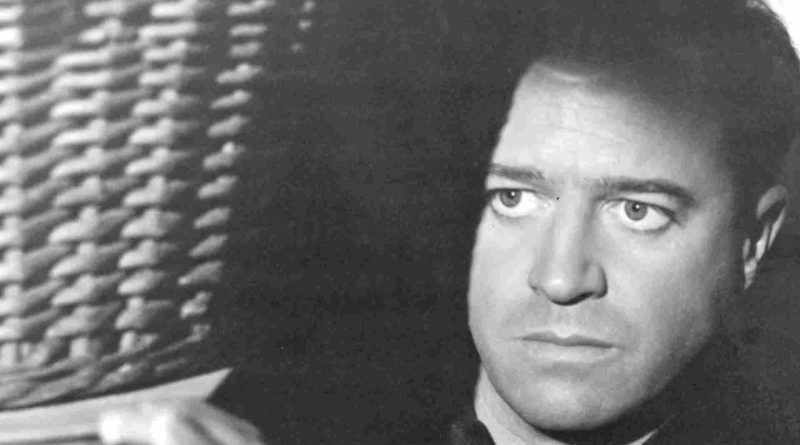Trader Faulkner: A Theatrical Journey and Enduring Legacy
In the narrative of Trader Faulkner’s life, we find a captivating blend of roles – actor, dancer, and chronicler of the charismatic Peter Finch, his fellow Australian companion.
Upon his arrival in London in 1950, Trader Faulkner, the Australian thespian, encountered a pivotal moment during rehearsals with John Gielgud, who urged him to shed his thick Australian accent, a directive Faulkner embraced, albeit partially. Subsequently, he seamlessly transitioned onto the Broadway stage, taking over Richard Burton’s role in Gielgud’s rendition of Christopher Fry’s The Lady’s Not for Burning. His performance, alongside Pamela Brown and Esmé Percy, was hailed by the New York Times critic Brooks Atkinson for its “glittering style of artificial comedy.”
Trader Faulkner’s life mirrored the dramatic flair of his performances. It was a tapestry woven with encounters with theatrical luminaries like Laurence Olivier and Vivien Leigh, intertwined with episodes of flamenco dancing and unrequited affection for Dorothy Tutin, his former houseboat neighbor on the Thames at Chelsea Reach. Amidst the backdrop of Stratford’s famed season in 1955, Faulkner found himself amidst scandalous escapades involving Leigh, Olivier, and Maxine Audley, witnessing clandestine trysts and thespian collaborations in productions like Macbeth and Twelfth Night.
Central to Faulkner’s journey was his profound friendship with Peter Finch, an influential figure who propelled Faulkner into the realm of acting during their days in Sydney. This bond endured through the years, shaping Faulkner’s trajectory from the stages of Australia to the vibrant theater scene of London.
Faulkner’s name, imbued with a distinctive charm, left an indelible mark on those around him, even inspiring Martin Amis’s fictional character in Night Train. His cinematic ventures, notably in A High Wind in Jamaica, underscored his multifaceted talent, albeit with whimsical encounters with co-stars like Amis.
Born Ronald to a lineage of performers, Faulkner’s journey commenced amidst the colorful backdrop of Sydney, guided by the influence of Peter Finch and nurtured by his own artistic fervor. His transition to the British stage was seamless, marked by notable performances in productions like The Waltz of the Toreadors and appearances in films like Mr. Denning Drives North and A Killer Walks.
Beyond the stage and screen, Faulkner’s legacy extended to the realm of television, where he brought historical figures like Prince John to life. His passion for flamenco culminated in a vibrant portrayal of Federico García Lorca’s life, echoing the resilience of artistic expression amidst political adversity.
In his later years, Faulkner’s literary pursuits showcased his reverence for his craft, with biographies of Peter Finch and a collection of anecdotes reflecting on a life lived amidst the glitz and glamour of show business. Faulkner’s final public appearances were a testament to his enduring spirit, a celebration of the timeless allure of the stage and the enduring bonds of friendship.
Trader Faulkner’s legacy endures, a testament to the transformative power of artistry and the enduring bonds forged amidst the spotlight’s glare.

